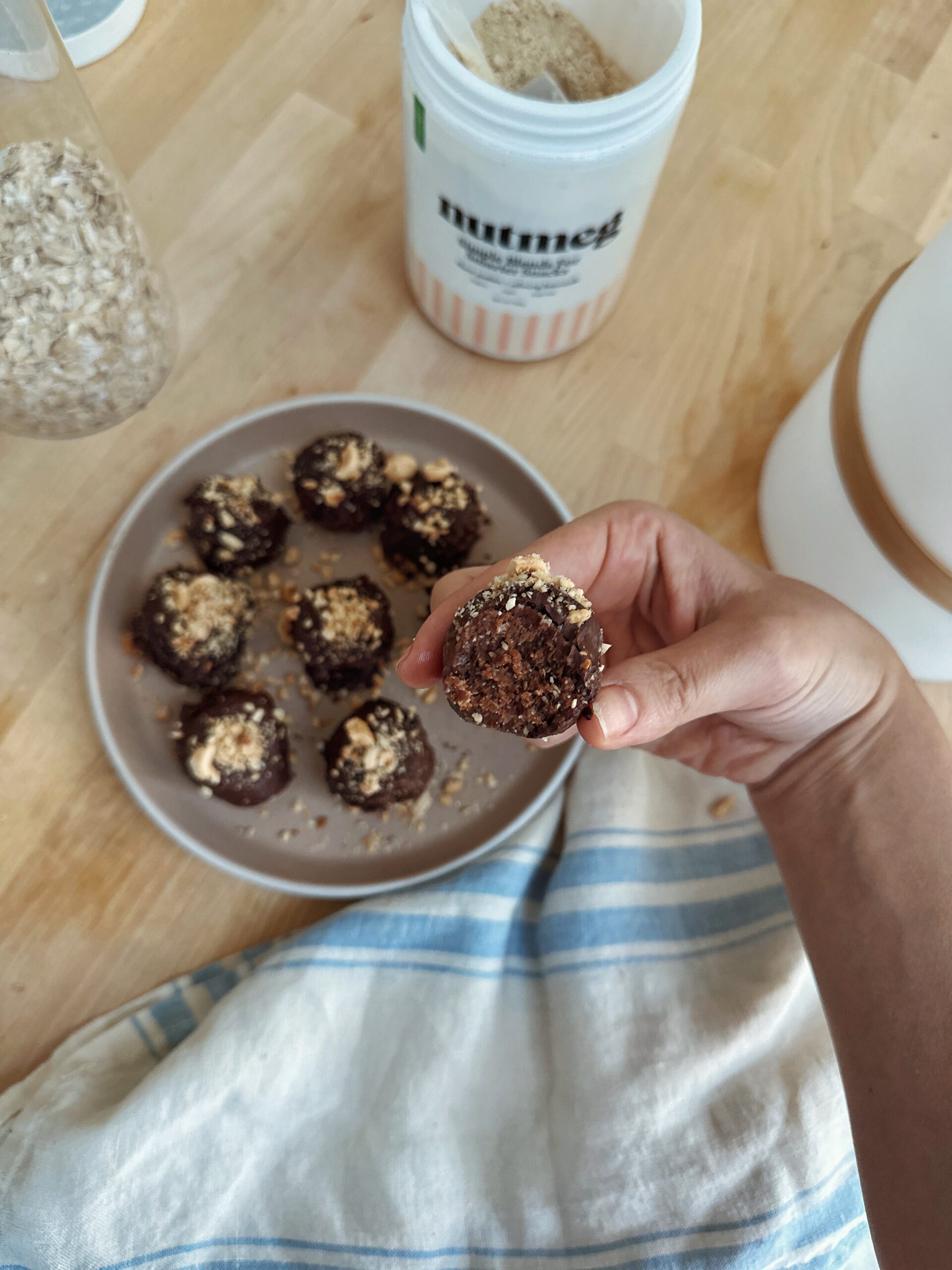
Oat Milk: The Plant-Based Powerhouse or the Ultimate Breakfast Scam?
Oat milk’s meteoric rise has been nothing short of phenomenal. But recently, the narrative has shifted. From its lauded position as the sustainable, dairy-free champion, oat milk now finds itself under scrutiny. Hailed as a sustainable, superfood savior, this milky beverage is facing a PR nightmare. But is it all just a bunch of « moo-ve on » marketing gone wrong? Let’s unpack the oat milk « scam. »
Big Oat milk producer in U.S. debut ignited the oat milk firestorm. Praised for its dairy-mimicking consistency and environmental benefits, oat milk became ubiquitous. However, criticism has mounted, with Vogue’s « Goodbye Oat Milk » piece being a prominent example. Detractors denounce it as « starch juice, » questioning its health claims and sugar content.
Let’s delve deeper. While all plant-based milks vary nutritionally, a University food science expert, highlights their lack of complete protein compared to cow’s milk. Oat milk, however, boasts beta-glucans, a form of soluble fiber with potential health benefits. The processing methods, sugar content, and additives like rapeseed oil are cause for concern for some.
So, what about the sugar? Oat milk production utilizes enzymatic breakdown of starches into smaller sugars like maltose. While a cup of Oat milk has less sugar than whole milk, the sugar type is the crux of the issue.
The glycemic index (GI) measures a carbohydrate’s blood sugar impact. Rolled oats have a moderate GI, but oat milk’s maltose production results in a very high GI. This has led to fears of blood sugar spikes. However, Trout emphasizes glycemic load, which factors in serving size. A small amount of oat milk in a protein and fiber-rich smoothie will have a lower glycemic load, mitigating the blood sugar surge.
The key takeaway? Moderation is essential, just like with any food. Similar to orange juice or pastries, how you consume oat milk impacts its effect on blood sugar. Combining it with protein and fat slows down carbohydrate metabolism, preventing a glucose spike.
The oat milk saga is a cautionary tale for overhyped health foods. Before you blindly follow the latest trend, do your research. This « revolutionary » drink might be nothing more than a cleverly marketed sugar bomb. So, the next time you reach for oat milk, remember: it might be time to ask yourself, « Is this the real deal, or just another fad in a fancy carton?


